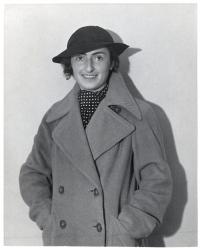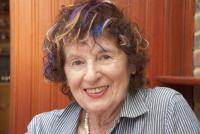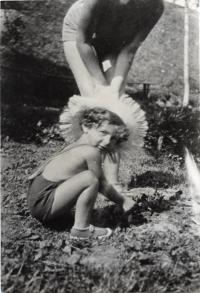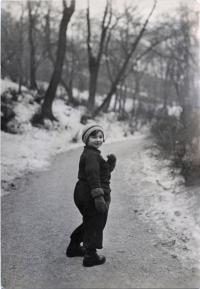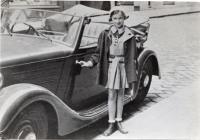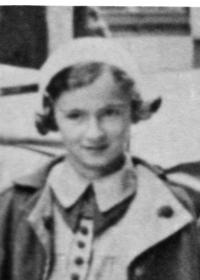When writing the book, it was immensely important for me to come back to my life in Czechoslovakia and depict it, and thus it has come full circle
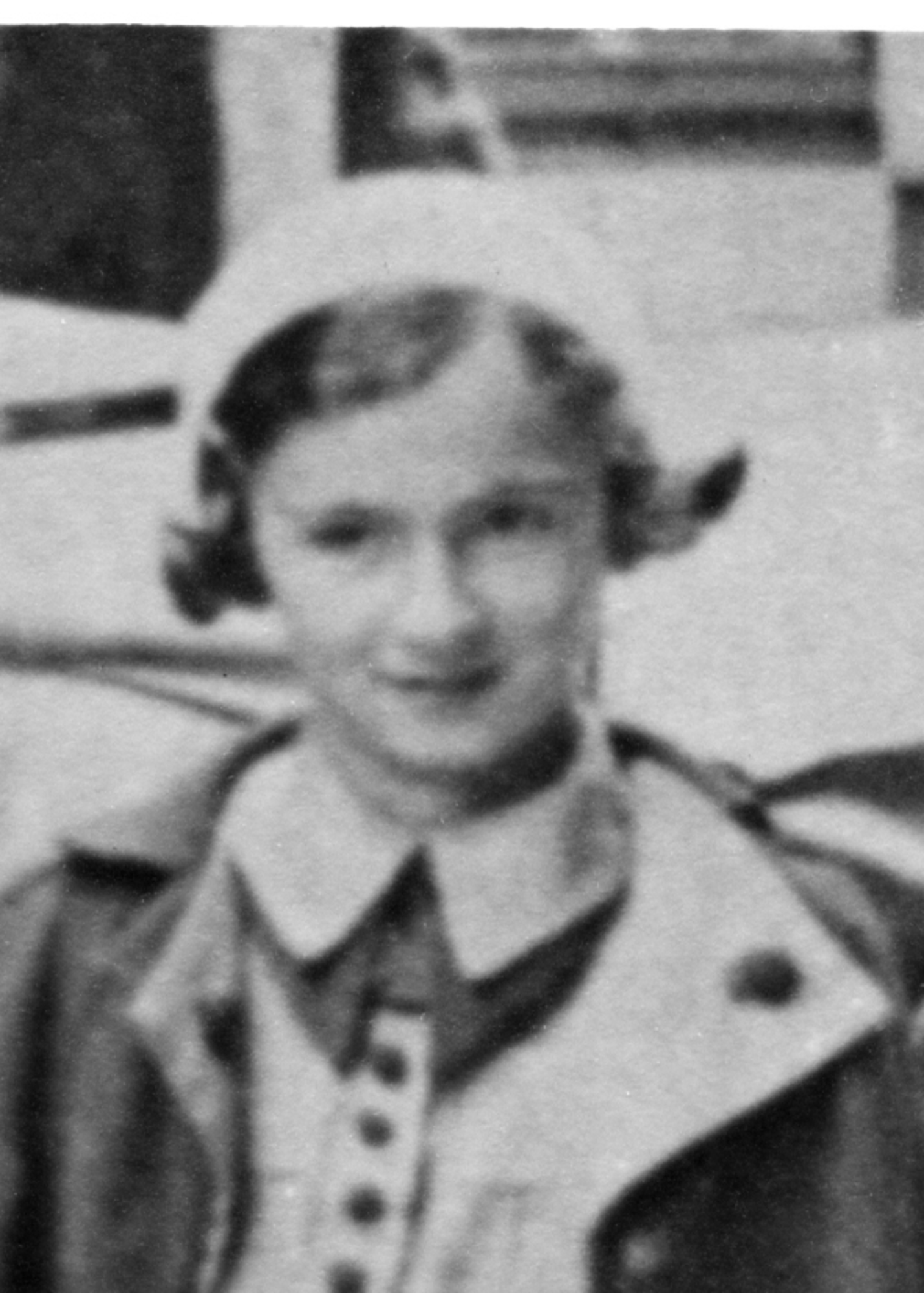
Stáhnout obrázek
Ruth Boswell, née Neubauerová, was born in Graz in Austria in 1930. Her parents moved to Brno soon after. Her father Wilhelm Neubauer worked in an insurance company, he was a member of the council for German theatre and he strongly supported the German cause, while his wife Regina and their daughter were inclined towards the Czech culture. The Neubauers were of Jewish origin, but they did not observe the religion at all. They lived in a German speaking middle-class society, where leftist tendencies often prevailed. In November 1938 Regina Boswell went to London to visit her cousin Fanny, who was involved in the Women International Zionist Association (WIZA). Regardless of the warning, she returned to Czechoslovakia. In March 1938 her parents arranged for Ruth‘s rescue through WIZA and they sent her to London, where she arrived March 14, 1939, one day before the occupation of Czechoslovakia. Wilhelm Neubauer fled to England in summer 1939. His wife Regina was interned in Terezín and there is no other information about her after she was assigned to the transport on January 15, 1942. Ruth Boswell cherishes her memories of the five years she spent in the boarding school Springfield Grange School. In 1950 she met Charles Abel while she was studying English literature in London. They married soon after and they had three children. From 1967 she lived with her second husband, painter James Boswell. She was a successful producer of BBC film and television projects and she established the publishing house Muswell Press. Her autobiographical novel A Faraway Country was published in 2014.
